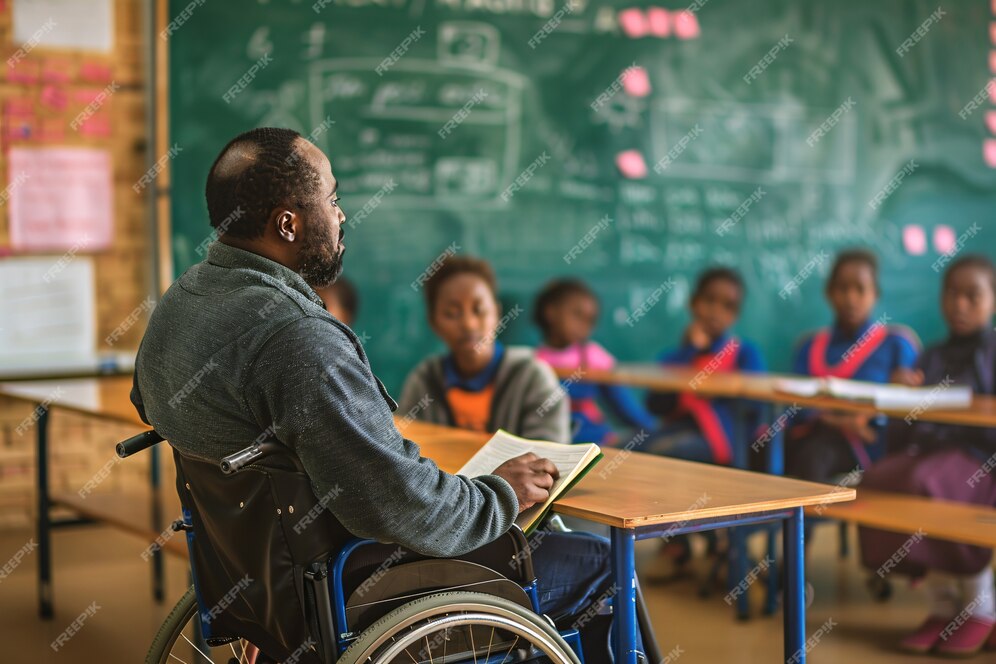In an increasingly interconnected world, comparative education plays a crucial role in shaping teaching practices and enhancing the professionalism of educators. In Namibia, where education is a priority, embracing comparative education can provide valuable insights, promote innovative teaching approaches, and contribute to the continuous professional development of teachers. In this blog, we will explore how comparative education contributes to the professional growth of teachers in Namibia.
Broadening Perspectives:
Comparative education exposes teachers to diverse educational systems, policies, and practices from around the world. By studying and analyzing different approaches to teaching and learning, educators in Namibia gain a broader perspective on education as a whole. This exposure helps them reflect on their own teaching methods, challenge assumptions, and consider alternative strategies that may be more effective in the Namibian context.
Sharing Best Practices:
Through comparative education, teachers in Namibia have the opportunity to learn from successful educational practices implemented in other countries. By studying these best practices, educators can adapt and apply innovative teaching methodologies, assessment strategies, and classroom management techniques to their own classrooms. This exchange of ideas and experiences promotes the continuous improvement of teaching practices and enhances the quality of education in Namibia.
Addressing Educational Challenges:
Namibia faces unique educational challenges, such as limited resources, diverse student populations, and remote rural communities. Comparative education offers insights into how other countries have addressed similar challenges. By studying successful interventions and policies implemented in comparable contexts, Namibian teachers can gain inspiration and practical ideas to address their own educational challenges. This knowledge can lead to more contextually relevant and effective teaching approaches.
Promoting Cultural Understanding:
Comparative education encourages teachers to explore and appreciate different cultural perspectives in education. Namibia is a multicultural nation with diverse ethnic groups and languages. Understanding how education is shaped by cultural factors in other countries can help teachers in Namibia develop cultural sensitivity and adapt their teaching practices to better meet the needs of their students. By incorporating culturally responsive pedagogy, educators can create inclusive and supportive learning environments.
Professional Networking and Collaboration:
Engaging in comparative education activities creates opportunities for Namibian teachers to connect and collaborate with educators from other countries. Participation in international conferences, workshops, and exchange programs fosters professional networking and the sharing of experiences. Collaborative projects with international partners can lead to the development of joint research, curriculum resources, and teaching materials that benefit both Namibian teachers and their global counterparts.
Lifelong Learning and Growth:
Comparative education promotes a culture of lifelong learning among Namibian teachers. It encourages them to continuously seek new knowledge, engage in professional development activities, and stay updated on global educational trends. By embracing a growth mindset, educators can adapt to changing educational contexts, integrate new technologies, and apply research-based approaches to their teaching. This commitment to ongoing learning contributes to their professional growth and ensures the provision of quality education in Namibia.
Comparative education serves as a valuable tool for enhancing the professionalism of teachers in Namibia. By broadening perspectives, sharing best practices, addressing educational challenges, promoting cultural understanding, facilitating professional networking, and fostering a culture of lifelong learning, comparative education empowers Namibian teachers to become more effective, innovative, and reflective educators. Embracing the insights gained from comparative education will contribute to the continuous improvement of teaching practices and the overall quality of education in Namibia, ultimately benefiting the students and the nation as a whole.
